
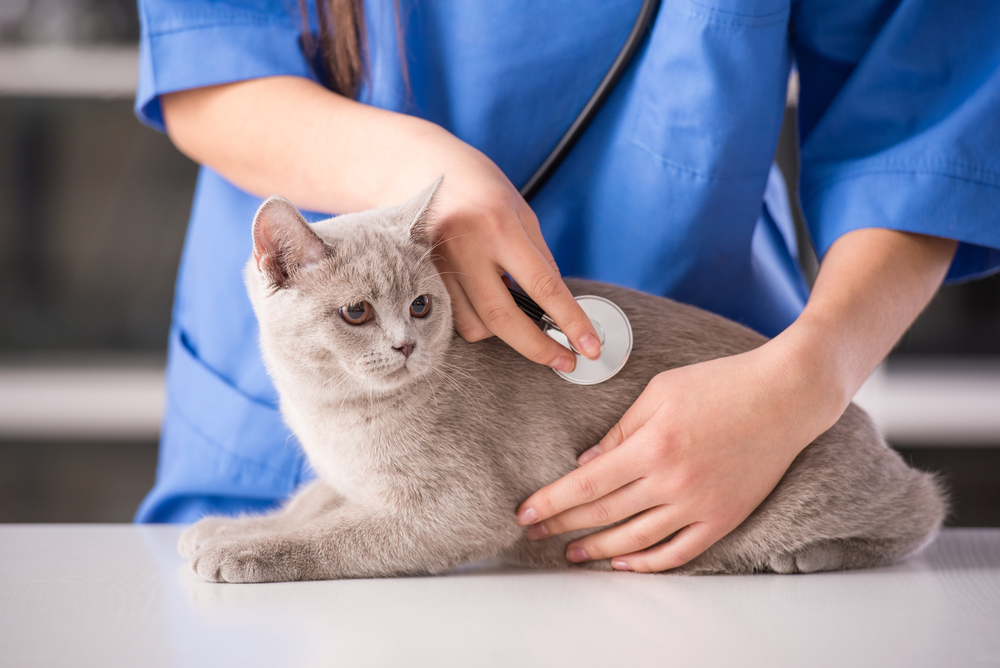
This is a condition in which red blood cells are destroyed. The "Heinz body" can be seen under a microscope. This type of anemia can occur as a reaction to certain medications, or as a result of eating onions. It is more likely to occur in cats than dogs, and is usually caused by something the pet has eaten or drunk. Hyperthyroidism, lymphoma, and diabetes may also bring on this condition.
First, your veterinarian will do a complete blood count to determine the cause of the symptoms. If Heinz bodies are identified, a course of treatment will be recommended. A methylene blue, or other type of stain to look for Heinz bodies, will be used to determine their exact count. If your cat is very pale, a methemoglobin test will be conducted to measure oxygen in the blood.
It is also important to note that cats may have a significant number of Heinz bodies in their blood without having anemia.
If the source of the Heinz body reaction can be identified, the first step will be to treat the underlying cause. For example, if the offender is acetaminophen, drugs will be prescribed to counteract its effects. Often, this is a sufficient course of treatment.
If the anemia is severe, your cat will be hospitalized and given a blood transfusion and oxygen. It is important that the cat be kept calm while it is sick.
Prognosis is positive once the crisis has been dealt with. Once you know what has caused this illness, you can take steps to keep it from happening again. For example, avoid feeding cats anything with onions or garlic in it. Even flavoring that contains onion or garlic will cause problems (e.g., garlic or onion salt). In addition, be very careful about other people foods your give to your cat. Finally, you will need to take your cat to the veterinarian for occasional monitoring of the clinical measures.
Image: VGstockstudio via Shutterstock
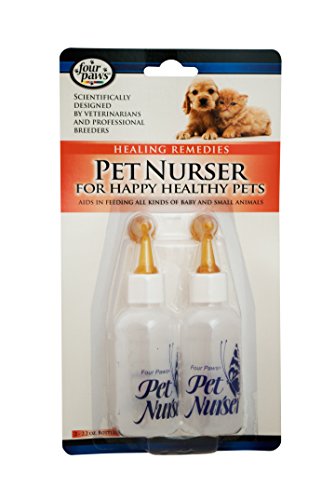 How to Take Care of Kittens
Credit: www.pixabay.com
How to Take Care of Kittens
Credit: www.pixabay.com
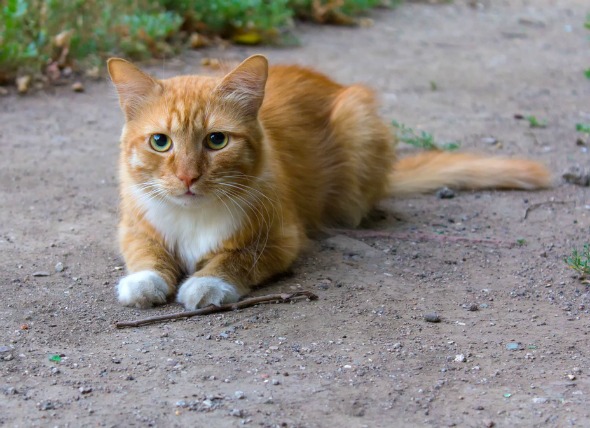 Excess Calcium in the Blood in Cats
Hypercalcemia in Cats
Hypercalcemia is characteri
Excess Calcium in the Blood in Cats
Hypercalcemia in Cats
Hypercalcemia is characteri
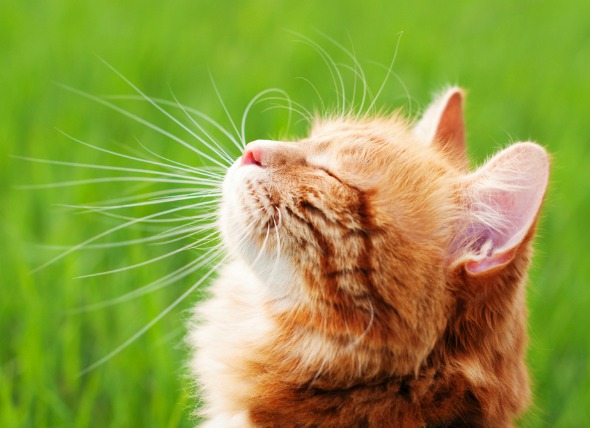 Lung Cancer (Adenocarcinoma) in Cats
Lung Adenocarcinoma in Cats
Adenocarcinoma is a m
Lung Cancer (Adenocarcinoma) in Cats
Lung Adenocarcinoma in Cats
Adenocarcinoma is a m
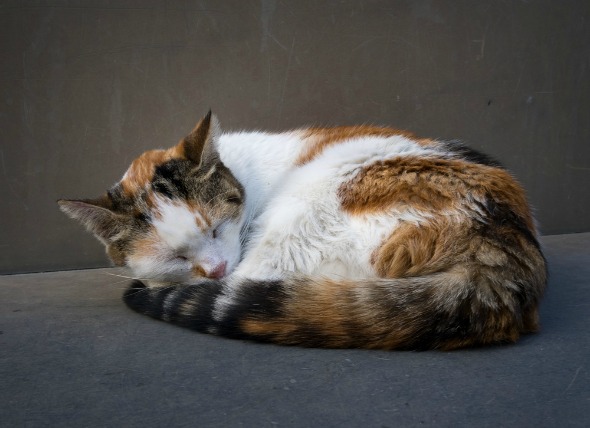 Abdominal Cavity Inflammation in Cats
Peritonitis in Cats
The abdominal cavity is lined
Abdominal Cavity Inflammation in Cats
Peritonitis in Cats
The abdominal cavity is lined
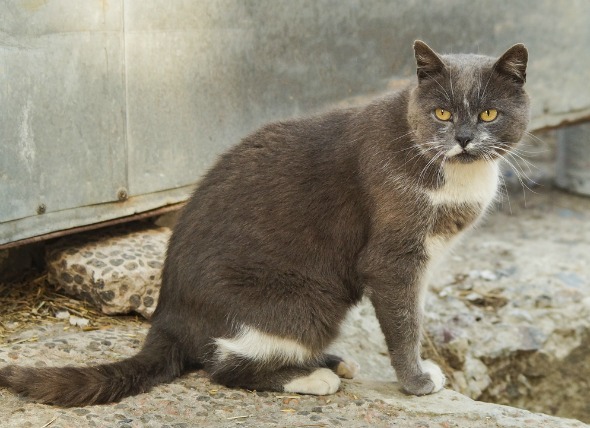 Fluid in Chest (Pleural Effusion) in Cats
Pleural Effusion in Cats
Pleural effusion is the
Fluid in Chest (Pleural Effusion) in Cats
Pleural Effusion in Cats
Pleural effusion is the
Copyright © 2005-2016 Pet Information All Rights Reserved
Contact us: www162date@outlook.com